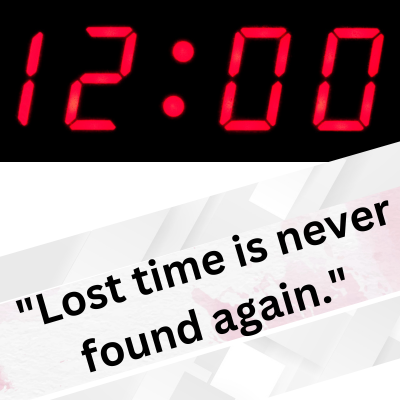Time is a mysterious force that affects everything in our lives. It’s like a river that never stops flowing, guiding us from morning to night, from the past to the future. Time moves in a way that we can’t touch or see, but we can feel its presence in every moment.
We are more or less conscious of the precious nature of time. In spite of it, we neglect our duties and responsibilities. Time is a mysterious force that affects everything in our lives. It’s like a river that never stops flowing, guiding us from morning to night, from the past to the future. Time moves in a way that we can’t touch or see, but we can feel its presence in every moment.

What Science Says About Time
Albert Einstein’s theory of relativity changed how we think about time. He showed that time isn’t the same for everyone; it can change depending on how fast you move and how much gravity surrounds you. For example, astronauts in space age slower than people on Earth. This means that time can stretch or shrink, making it a more complicated idea than we once thought. That is why Albert Einstein rightly says, “Time is an illusion.”
Different Views on Time
People in different cultures see time differently. In many Western countries, time is seen as something more valuable, often compared to money. People focus on being on time, working efficiently, and planning for the future.
“All we have to decide is what to do with the time that is given us.”
-J.R.R. Tolkien:
On the other hand, many Eastern cultures, like those influenced by Buddhism and Hinduism, see time as a repeating cycle, with life, death, and rebirth happening over and over. This view encourages patience and acceptance of life’s events as part of a larger, endless cycle.
How We Experience Time
Our lives are marked by the passage of time, divided into stages like childhood, adolescence, adulthood, and old age. Each stage brings different experiences and challenges. As children, time feels slow and each day is full of new adventures. But as adults, time seems to speed up, filled with responsibilities and routines. This change in how we feel time passing is common and shows how our minds adapt to the rhythm of our lives. When we are happy time appears to pass fast but behaves just the opposite when we are in pain or suffering. Although time is a constant flow, our perspectives and worldly experiences view it differently.

Technology and Time
Technology has changed how we deal with time. With smartphones and the internet, we can get information and communicate instantly. This quick access to everything makes us expect fast responses and results, making time feel shorter. Social media adds to this by constantly updating us, making us feel like we never have enough time.

Living in the Moment
In our busy lives, there’s a growing interest in mindfulness, which means focusing on the present moment. Mindfulness helps us slow down and appreciate what’s happening right now, instead of always thinking about the future or the past. This is all about the present moment awareness. This can make life feel richer and more fulfilling, as we take the time to enjoy our experiences fully.

The Importance of Time
As time moves on, it carries our actions and decisions into the future, leaving a legacy. Knowing this can inspire us to make positive contributions to the world. Our lives, though short, can have a lasting impact on those who come after us. By appreciating the time we have, we can strive to live meaningful lives.

Conclusion
Time is a constant, ever-moving force that shapes our lives. It moves us through different stages, influences how we think, and changes how we see the world. While we may not fully understand time, we can learn to appreciate its flow, embrace the lessons it brings, and make the most of every moment. Time moves, and we move with it, participating in a continuous journey that defines who we are.
Click here for your Gift